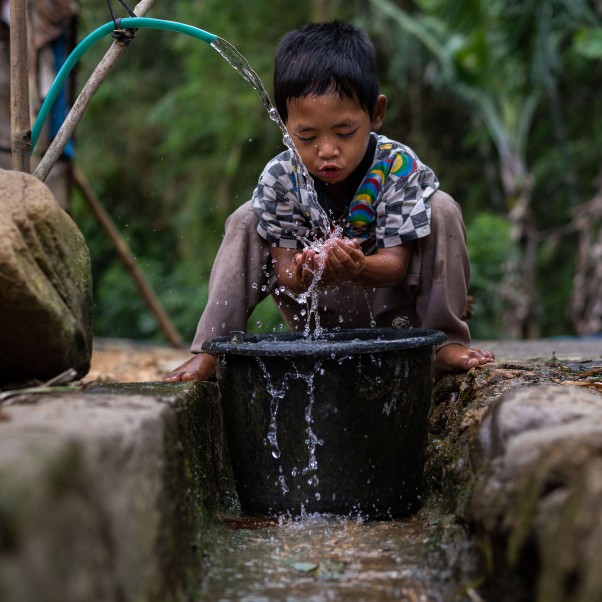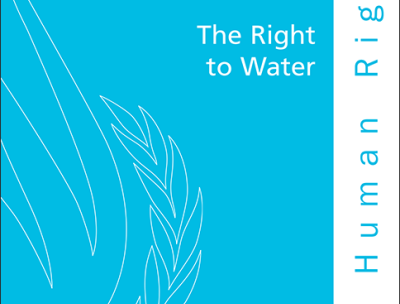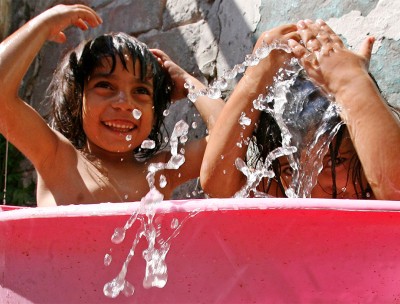
About
Having access to safe drinking water and sanitation is central to living a life in dignity and upholding human rights. Yet billions of people still do not enjoy these fundamental rights. The human rights to water and sanitation require that drinking water, water for domestic usage, sanitation and hygiene facilities are available, accessible, safe, acceptable and affordable for all without discrimination. This issue disproportionately impacts the most disadvantaged and marginalized members of society.
Our work
In 2010, the UN General Assembly adopted resolution 64/292 recognizing “the right to safe and clean drinking water and sanitation as a human right that is essential for the full enjoyment of life and all human rights”. Subsequently, the Human Rights Council, in September 2010, affirmed this recognition.
Since then, UN Human Rights continues to call on States and international organizations to provide financial resources, capacity-building assistance and technology to help countries, in particular developing countries, to provide safe, clean, accessible and affordable drinking water and sanitation for all.
UN Human Rights works with rights holders and duty bearers via our country presences, UN Country Teams to actively increase the amount and quality of work being done related to ESCR and SDGs, using various tools including a human rights approach to economic decision-making.
Learn more about our work on the right to water and sanitation
Current focus
Who else is involved
Special Rapporteur on the human rights to safe drinking water and sanitation
The Special Rapporteur is an independent expert who focuses on the issue of human rights obligations related to access to safe drinking water and sanitation. The Special Rapporteur carries out thematic research, undertakes country missions, collects good practices, and works with development practitioners on the implementation of the rights to water and sanitation.


